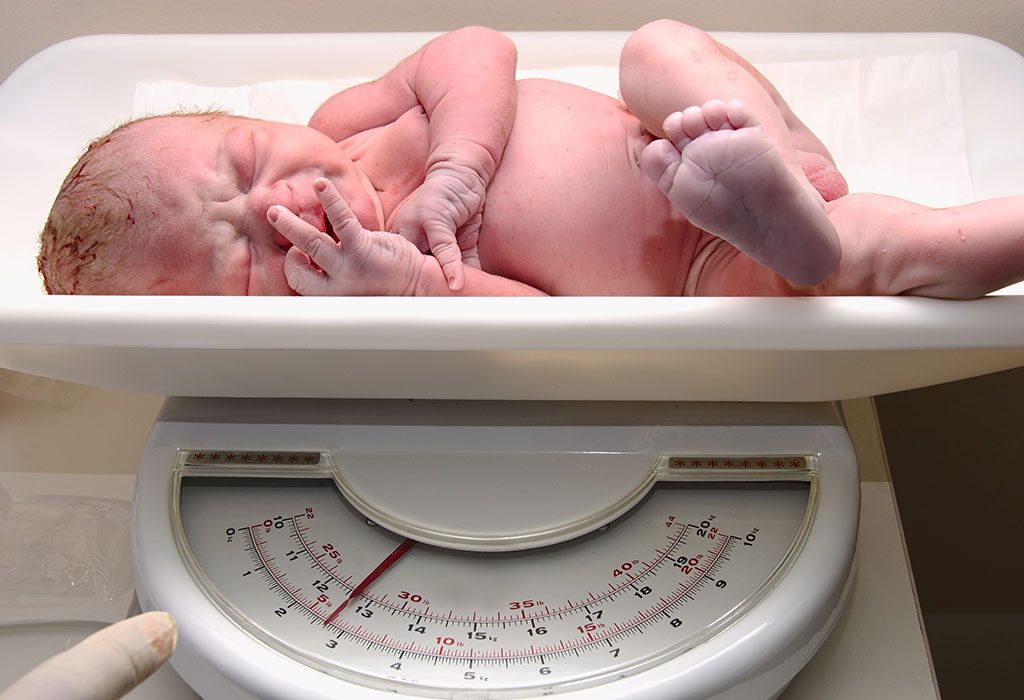In this Article
9 months used to be considered a full-term pregnancy and babies born in 36 weeks would be treated just like fully grown babies. However, over time, science and medicine have realized that a baby needs at least 37 weeks, if not more, to be developed fully and survive outside the womb.
What Causes Child Birth at 36 Weeks?
A number of reasons can be attributed to a baby being born at 36 weeks.
- If the mother is suffering from infections, primarily bacterial, these could affect the membranes of the amniotic sac and start rupturing them. Any vaginal infection that leads to a discharge and burning sensation while passing urine along with genital irritation is a strong sign of such an infection. Other infections like gonorrhoea and chlamydia could also trigger a premature delivery.
- The chances of a child being born prematurely are even higher in mothers who have had previous pregnancies which also ended in premature births. Most doctors do make use of tocolytic medications such as magnesium sulfate to keep the premature contractions in check. This delayed delivery is complemented with steroids to boost the baby’s lung growth in a short period of time while making use of other equipment to look after him.
- At times, the presence of certain health conditions in the baby or in the mother might require an early delivery as deemed necessary by the doctor. This is usually done at a higher risk of infant mortality if the pregnancy is allowed to continue as opposed to a premature delivery. A caesarean surgery is usually conducted in such cases, although 39 weeks of pregnancy is still recommended.
- Existing conditions of the mother such as those related to the heart, or diabetes, blood pressure or so, followed by consecutive pregnancies with fewer intervals and IVF can all lead to premature deliveries. On the other hand, great health conditions in a bad living environment can trigger early delivery, too. Poor lifestyle choices such as consuming alcohol, drugs and smoking, along with stressful and abusive life moments like long working hours or domestic violence, can lead to the same as well.
Development of a Baby Born at 36 Weeks
For a baby born at 36 weeks, the average weight is usually around 2.5 to 3 kgs and the length is around 44 to 49 cms. The fine hair covering the baby’s body while he was inside the womb is on its way out along with the amniotic fluid layer that keeps the baby safe in the womb. All of these are usually consumed by the baby. This results in the first poop that your baby has – called meconium – to be greenish black in colour.
At 36 weeks of growth, the chances of your baby having fully matured lungs are 50-50, since some babies are still born with immature lungs at this stage. The circulatory system and the immunity of the child are at a pretty good stage and can survive the real world in a better way. The digestive system, however, is yet to still mature.

Complications Associated with Babies Born at 36 Weeks
Some of the complications that these babies face include,
1. Regulating Body Temperature
Even at 36 weeks, your baby might not have the necessary amount of fats that are required to be burnt by the body in order to maintain an optimal temperature for growth. This can lead to him being cold, which in worst cases, can cause hypothermia as well. Constant temperature checkups and incubators might be required.
2. Feeding Problems
The reflex that triggers the actions to suck on the breast and swallow the milk is possibly weaker in premature babies than their full-term counterparts. This can result in the baby sleeping away even while hungry, or failing to make any sound or suckling action even when he wants to have milk. Latching onto the breast can be yet another problem since he won’t be able to suck the nipple as strongly as he needs to. Pumping the breast while feeding might be necessary.
3. Breathing Issues
Lungs may or may not be fully developed that could cause your little one to breathe erratically. Another possible breathing complication is the onset of apnea. This is primarily due to an underdeveloped brain that can cause the breathing process to stop for a while, without receiving a trigger to continue breathing.
4. Risk of Infection
The weak immune system makes the baby susceptible to bacterial attack and other illnesses. This is further compounded by the body’s inability to maintain temperature making it easy for microbes to infect him.
5. Contracting Jaundice
Most premature babies contract jaundice due to their weak liver function. The buildup of bilirubin results in yellow skin and eyes and requires treatment.

How to Care for a Premature Baby Born at 36 Weeks?
Caring for a premature baby can be a little different from caring for healthy babies. Here are some things you can keep in mind.
1. Skin-to-Skin Contact
Apart from all the medical procedures and measures to ensure continued support for the health of your child, creating a strong bond between you and your baby is essential for yourself as well as the baby. Having skin-to-skin contact as much as possible lets your baby know that you are taking care of him and calms him down. He can sense your presence pretty well and will love the warmth that your body provides him.
2. Breastfeeding
Once your doctor deems it fine to let your baby start feeding the usual way, you can opt to start with breastfeeding. This also necessitates that you continue expressing your breastmilk even when the child is not having any initially. Consumption of breastmilk further boosts the immunity of your baby as it provides him with necessary antibodies. If holding your baby and letting him suck on the breast is still a problem, you can choose to feed him using a bottle. Formula-based milk should be used only if you have problems with breastmilk production.
What is the Survival Rate of Baby Born at 36 Weeks?
For 36 week fetus born prematurely, the survival rate is still pretty good, hovering around 98 to 99 per cent.
Finally being able to hold your newborn baby is a wonderful feeling, even if he is a little premature. Once the necessary care has been taken to ensure that he can breathe well, feed well, and can maintain his temperature by himself, you can bring your baby home and start taking the steps to build a real family.









